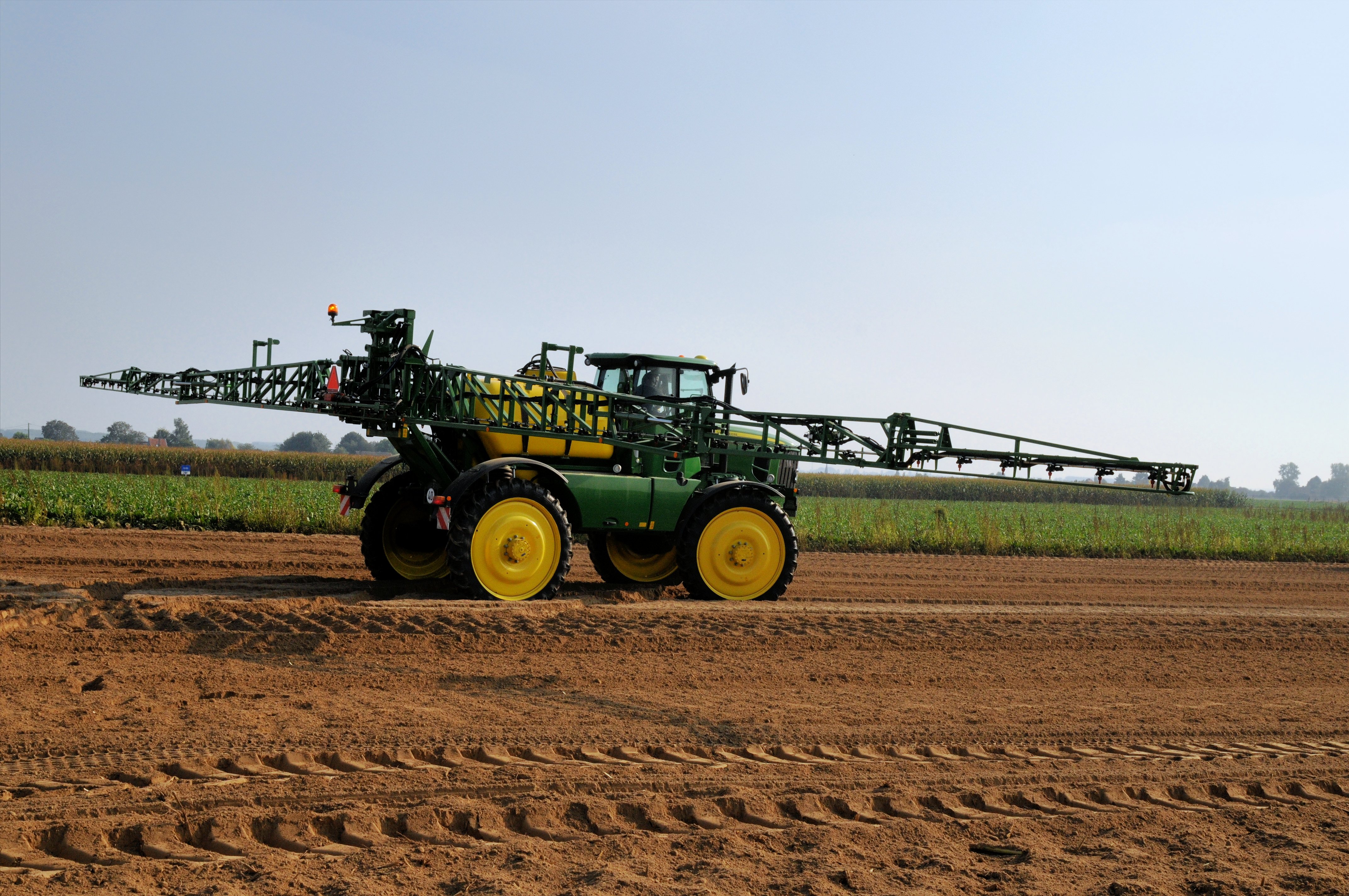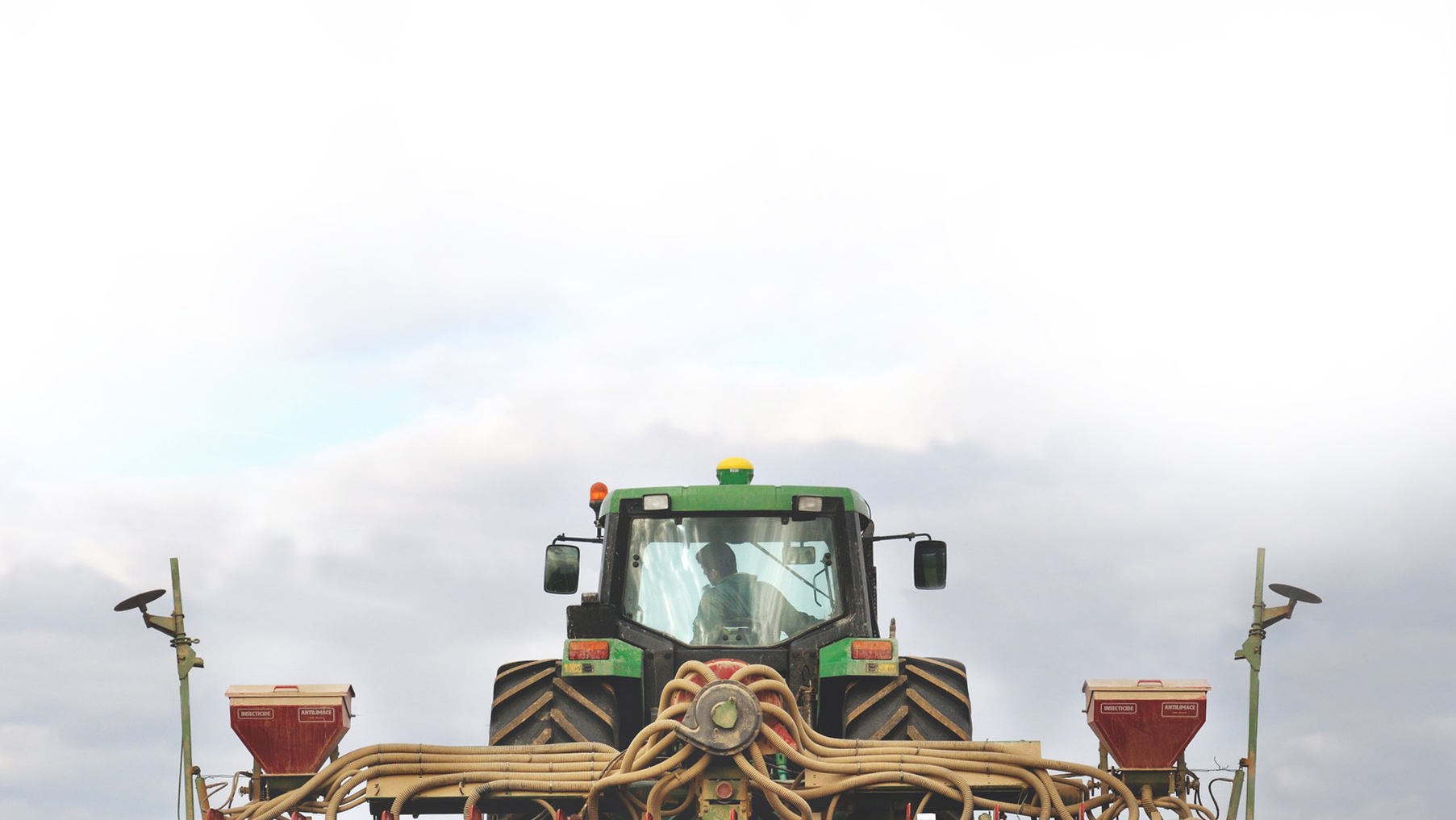Three ways to profit in agriculture from Brexit
The UK’s world-shocking vote to leave the European Union has brought with it plenty of danger for investors.
But, as ever with periods of gargantuan change, there is opportunity too.
Agrimoney has identified three areas – one each, in production, farm inputs and agricultural services – which could provide silver lining from the clouds which look like surrounding the UK economy for some years yet.
Choose your crops
The ideas largely assume weaker sterling, which looks a strong probability given the UK’s economic and political convulsions.
(That said, currency markets do have a deserved reputation for being hard to predict.)
Farmers would be best to profit from this foreign exchange factor by growing the most-traded commodities which should – being more dependent on international markets for prices – see the most price uplift, in UK terms, from a puny pound.
This does not just mean exported crops, such as wheat, which the UK has shipped to buyers from Iceland to Japan in 2015-16.
It applies too to imported crops – not all of which are of the exotic type, such as papayas and mangos, which the UK cannot for climatological reasons grow itself.
The UK imports many ags, such as cut flowers, largely because foreign suppliers are more competitive – a dynamic which could chance, depending on how significantly sterling weakens.
And farmers of items which the UK largely imports could receive a second boost if the food they produce becomes a hot potato in trade talks
For the UK to slap a hefty import tariff on, say, bought-in cherries – or indeed potatoes – would send domestic prices soaring.
UK ag imports, as % of total supply available for domestic use, 2015
Fresh fruit: 89%
Sugar: 62%
Pork: 53%
Fresh vegetables: 48%
Lamb, mutton: 34%
Beef: 31%
Potatoes: 30%
Poultry meat: 28%
Hen’s eggs: 16.3%
Sources: Defra, Agrimoney.com
% calculated from: imports/ imports+production-exports
Inputs for export
The bad news for farmers of a weak pound would be that imported inputs, such as many seed types, sprays and machinery, would become more expensive.
But that provides an opportunity for manufacturers with factories within the UK itself, whose products would become that much more appealing, financially, for domestic farmers.
Seed cleaners and dressers may find their services in even greater demand, while the UK’s makers of the likes of ploughs and sprayers may make it from, often backyard, manufacturers to larger scale operators.
Meanwhile, dealers in foreign-made equipment might focus more on spares, as the extra expense of buying new prompts farmers to stick for longer with the machinery they already have.
Exports of UK-made inputs may become easier too – assuming the politicians who led the UK towards Brexit achieve the multitude of free trade agreements they have been promising.
Farm to FOB
Which brings us to a third business area to exploit, in agricultural services – upgrading the UK food export supply chain, and the management of how agricultural produce gets from farm to port.
Logistical monitoring has become a growth area anyway, with more consumer concern about what they eat, worries fuelled by furores over the likes of BSE and horsegate (in which horsemeat was found being widely used, illegally, in place of other meats).
But getting a close handle on the supply chain will become only more crucial as agricultural regulations in post-Brexit UK and European Union diverge.
Keeping the key EU import market open to UK ag exports could require ever-closer scrutiny to ensure they are produced to standards which meet Brussels regulations. (Bad luck, farmers voting for Brexit in the hope of escaping EU red tape.)
Such supply chain control will become only more important if the UK – which has signalled far more openness to genetically modified crops than most of its European peers – were to approve a biotech crop for its growers.
While GM wheat seed looks a little way off, biotech rapeseed varieties are available.
Creating supply networks guaranteed GM-free would be crucial for the UK maintaining access to the many import markets with strict curbs on the technology.
Proactive thinking
There will be many other opportunities too – volatile currency markets, for instance, could provide more agriculture hedging work for City financial services groups facing an exodus of most business.
Greenhouse manufacturers could be in for buoyant times if UK farmers do indeed try their hand at growing more of the vegetables, flowers and fruits the country currently imports.
Which is not to say that the agriculture industry will necessarily be quids in from Brexit. As Agrimoney has pointed out, the UK looks likely over time to see a reduction in subsidies, bringing tougher times to many farmers.
But for the entrepreneurial, and lucky, the tremors from the UK’s seismic decision will expose some treasure troves.
10:01 GMT, Monday, 27th Jun 2016, by Mike Verdin







